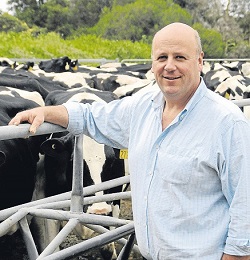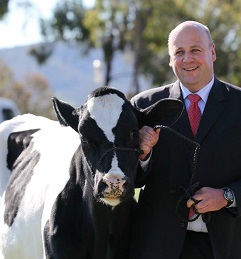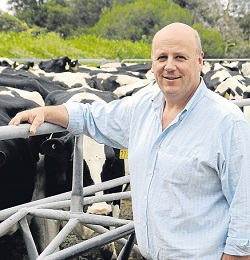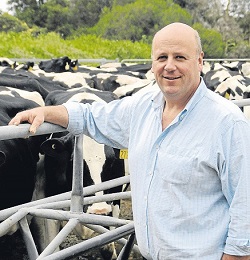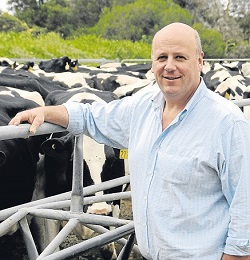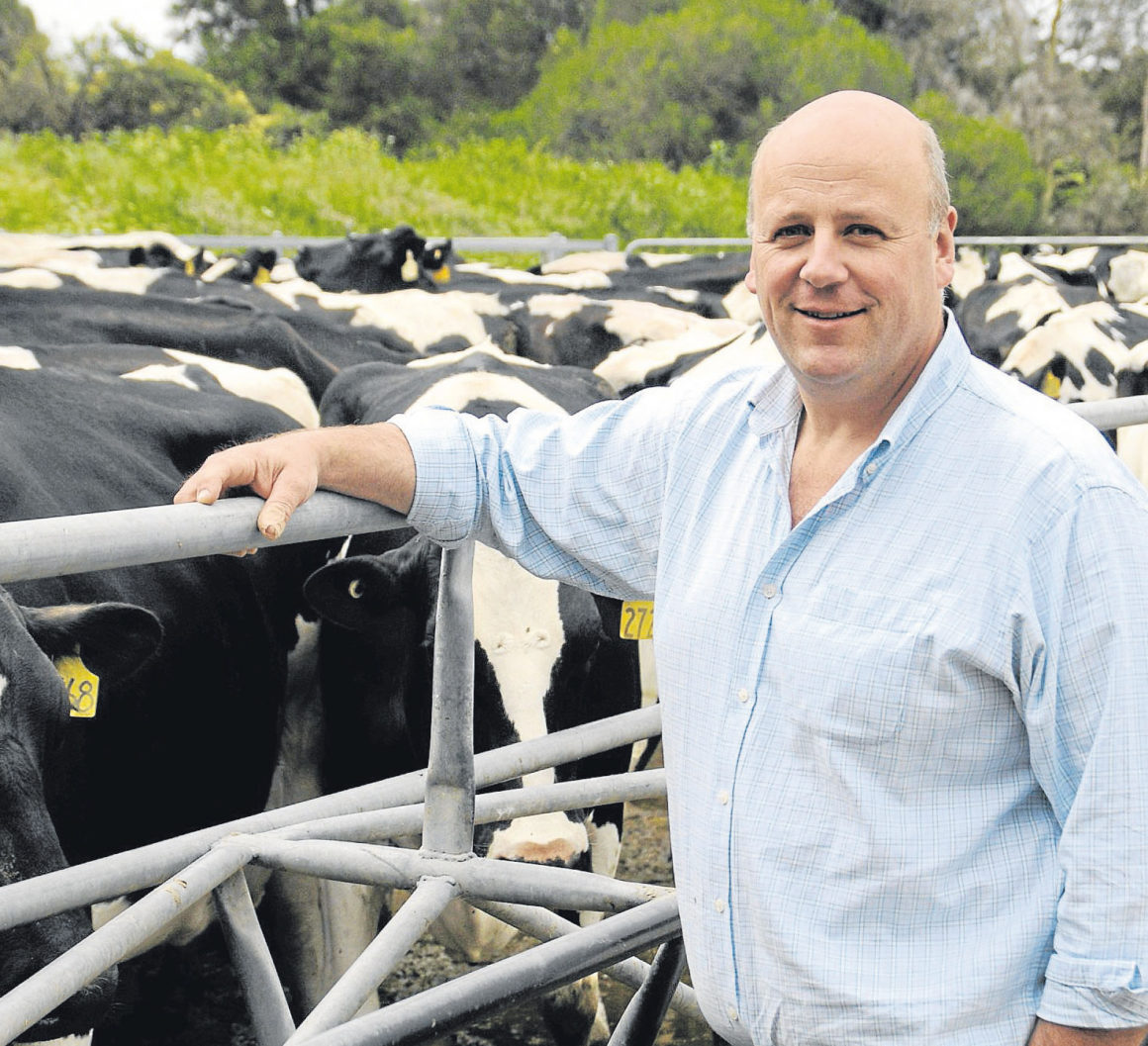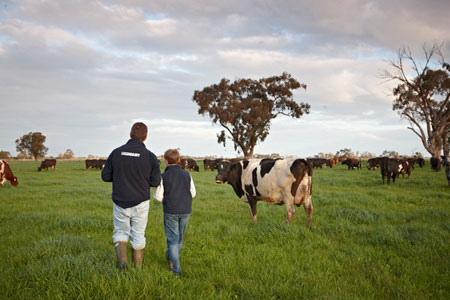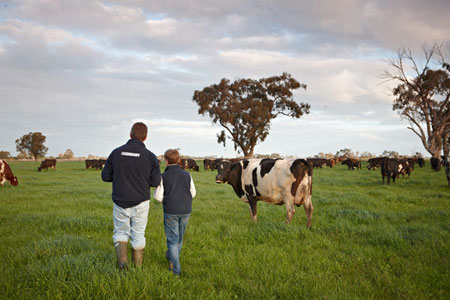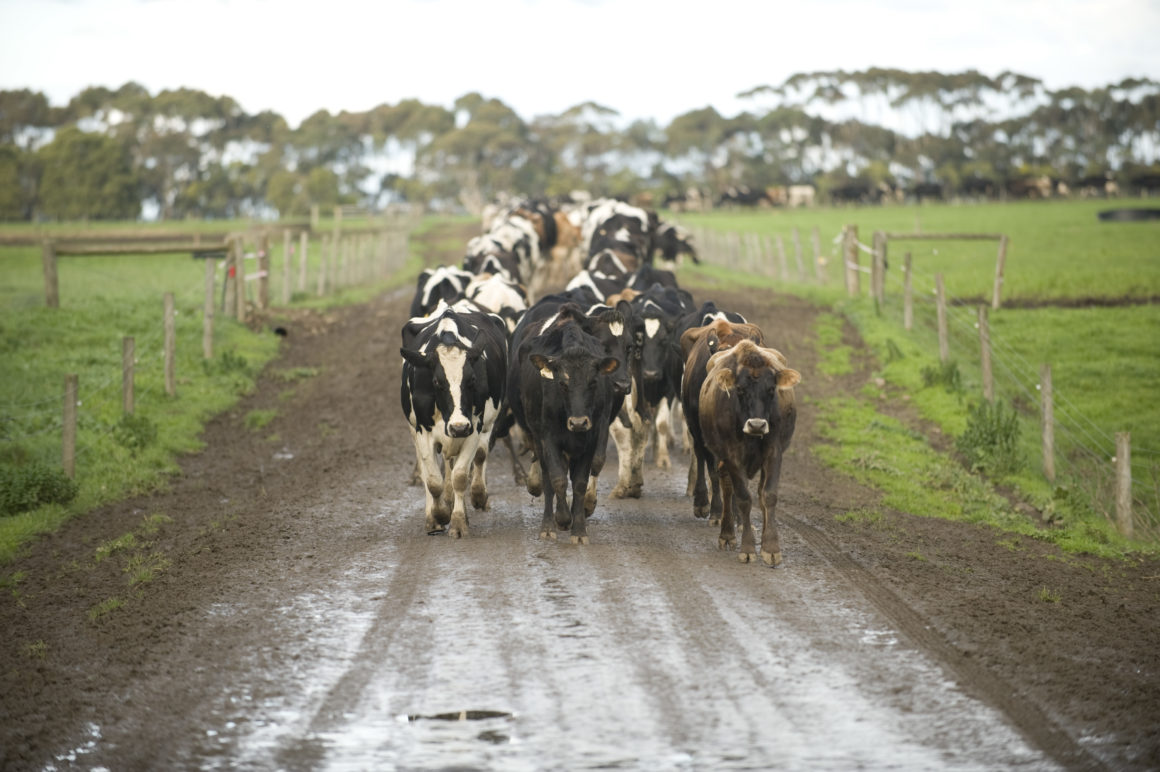The symposium was a great opportunity to facilitate a discussion around how better
to manage risk along the dairy supply chain, including managing the effects of world dairy prices.
A number of topics were covered including the outlook for the Australian dairy industry and options for improving milk price transparency, strengthening
bargaining and restoring industry confidence.
One important outcome of the symposium was the announcement by Deputy Prime Minister and Minister for Agriculture and Water Resources Barnaby Joyce regarding
the upcoming Australian Competition and Consumer Commission (ACCC) inquiry into the national dairy industry.
The inquiry under Part VIIA of the Competition and Consumer Act 2010, has provided the Commission with additional powers to obtain information from the
entire value chain. What this means is the ACCC has been given extra investigatory control to undertake the inquiry, with the authority to dig deeper
than it would have been able to in a market study.
Already investigating specific issues related to the dairy crisis, the ACCC will have the power to determine whether suppliers engaged in misleading, deceptive
or unconscionable conduct by slashing prices leaving some dairy farmers with massive debts.
The inquiry will investigate sharing risk along the supply chain, supply agreements and contracts, competition, bargaining and trading practices in the
industry and the effect of world retail prices on profitability.
Dairy farmers deserve fair returns at the farm gate, as well as transparency in milk price arrangements and supply contracts. ADF believes that the ACCC
inquiry is a thorough and fair way to uncover inefficiencies and inequities that farmers face; and helps to identify a way forward.
From what we have been told the ACCC will release an issues paper and engage with stakeholders through public and private hearings starting in November.
We encourage everyone in the dairy industry to contribute to the inquiry to ensure the ACCC gets the information it needs. There will also be confidentiality
arrangements in place to protect commercial interests.
After the stakeholder engagement meetings, we will be encouraged to provide written submissions to the ACCC before they deliver a final report to government
in the second half of 2017.
This inquiry will shed some light on the bigger picture by analysing the broader dairy industry to identify structural and behavioural issues that affect
the industry’s performance. By engaging with stakeholders, the ACCC will have a better chance of identifying and understanding the key issues in the
industry and we look forward to being a part of the solution.
Further information about the inquiry, including about how you can be involved, will be made available following the receipt of a Terms of Reference from
the Treasurer.
The government will continue to work with dairy farmers and processors to strengthen the industry, including our election commitment of up to $2 million
to establish a commodity milk price index, while the ACCC’s findings from this inquiry will be a vital source of information when looking at options
for the index.
Further information on the ACCC’s inquiry, including its terms of reference, will be made available at www.accc.gov.au/agriculture shortly.
David Basham
Acting ADF President

